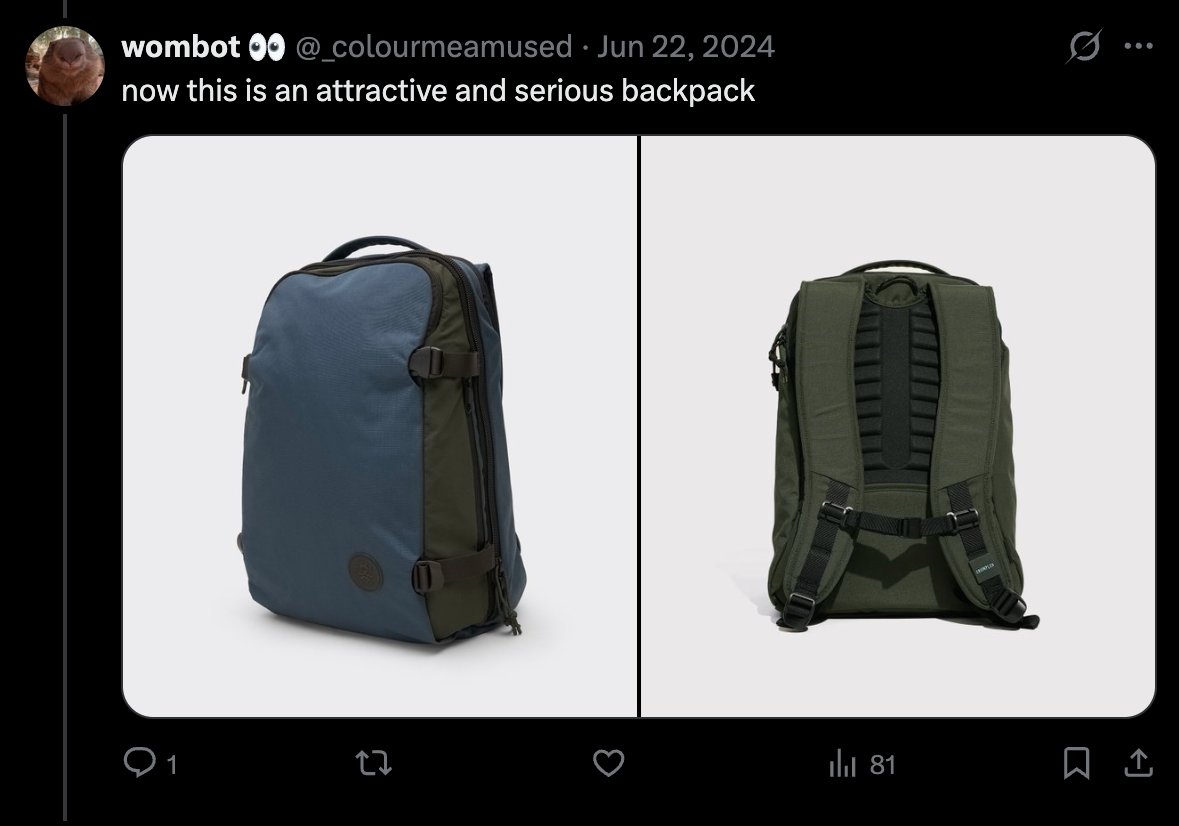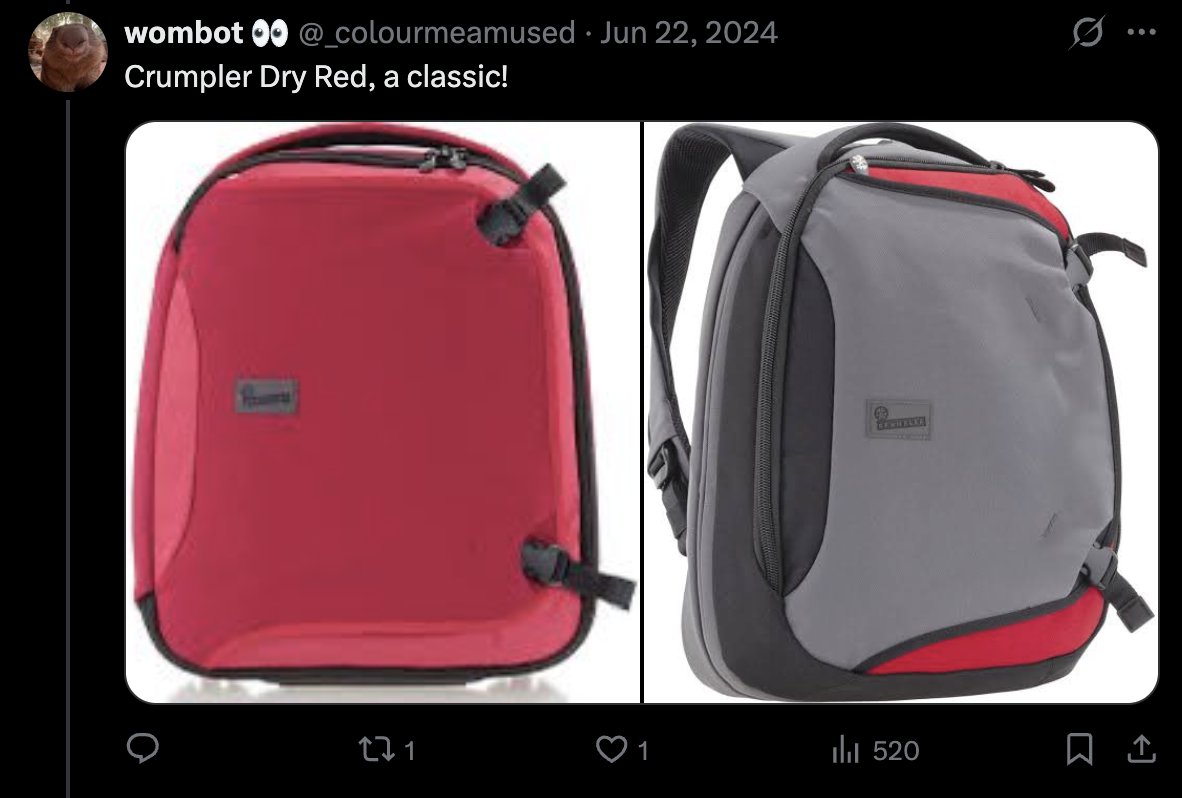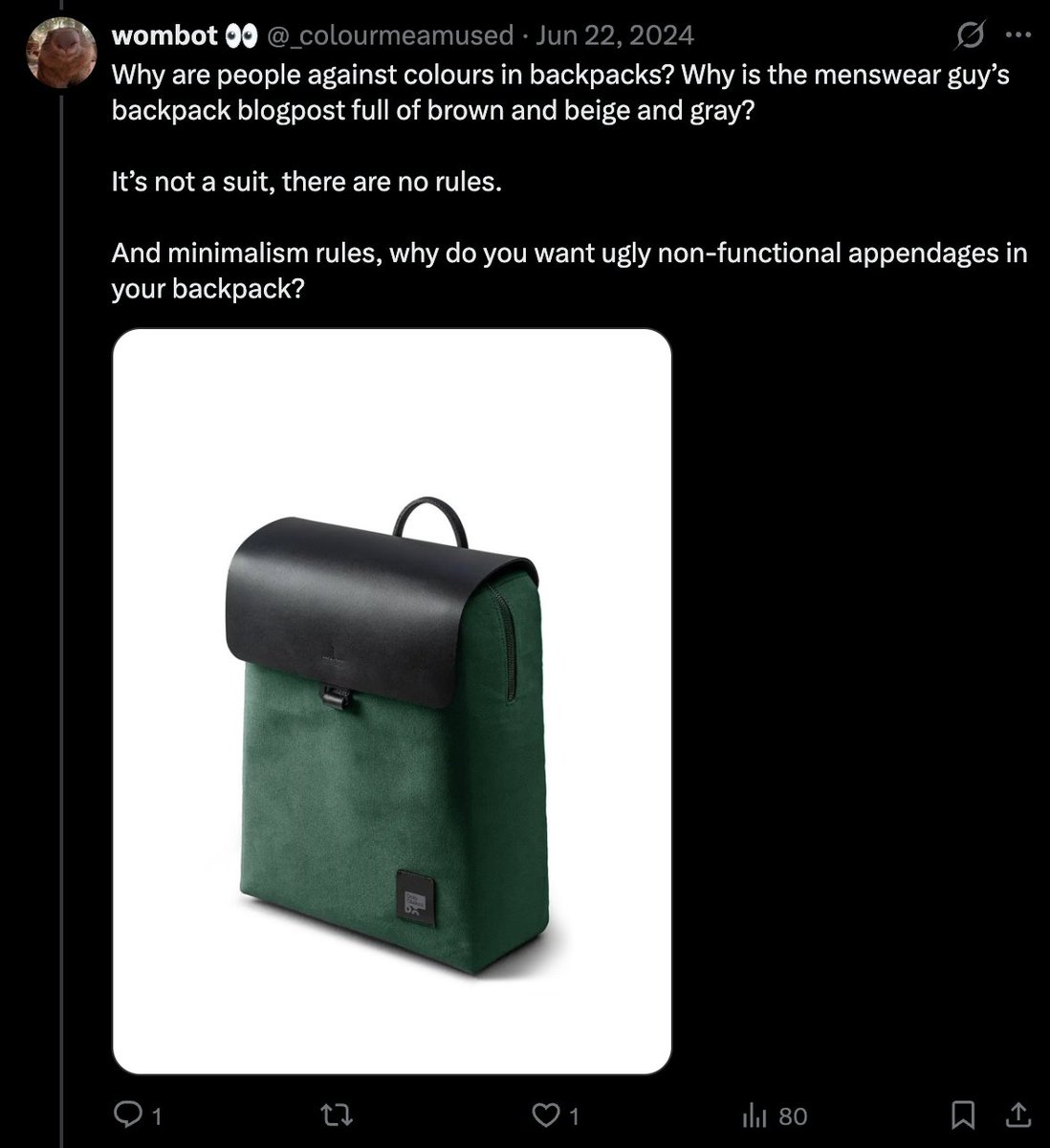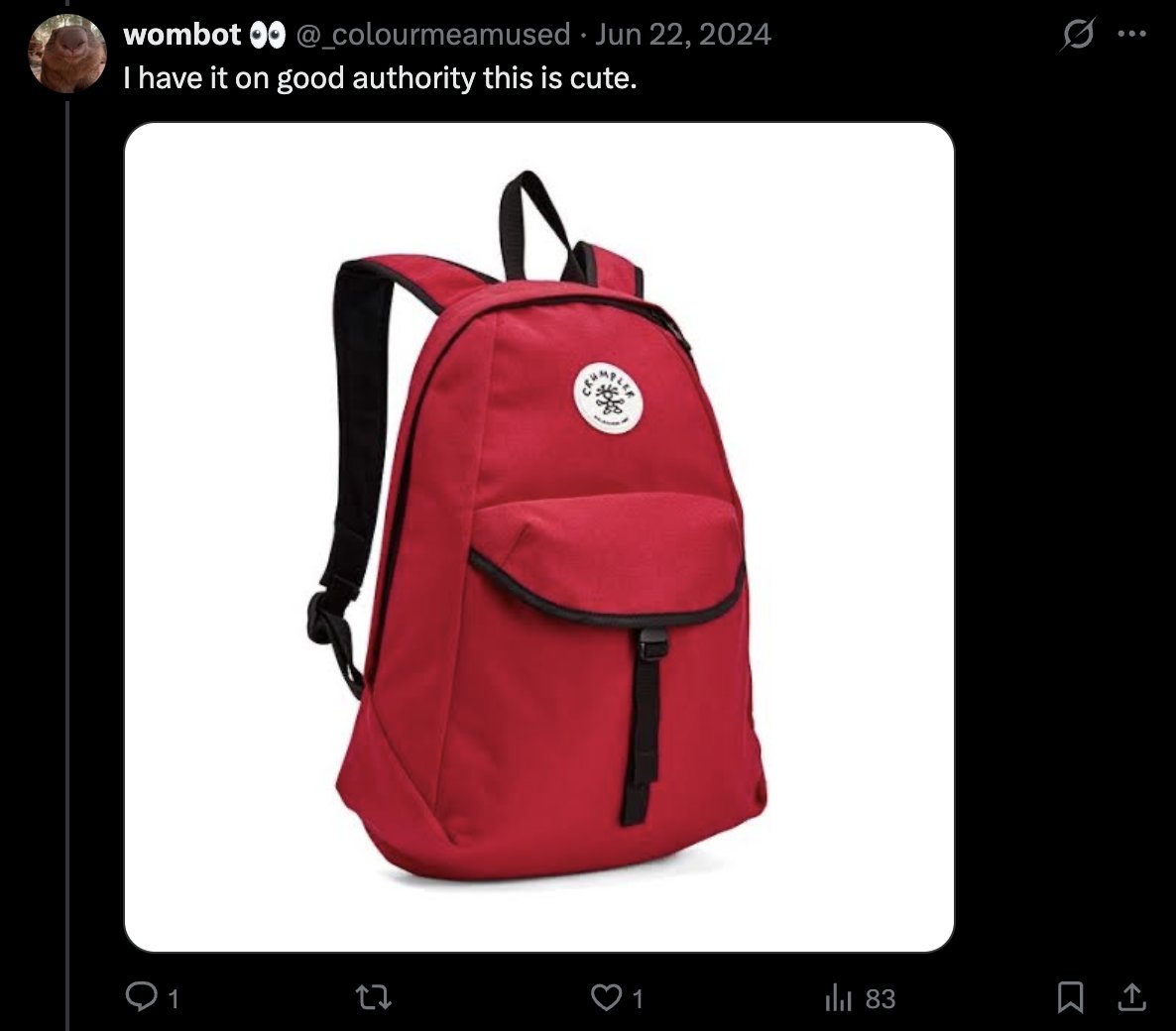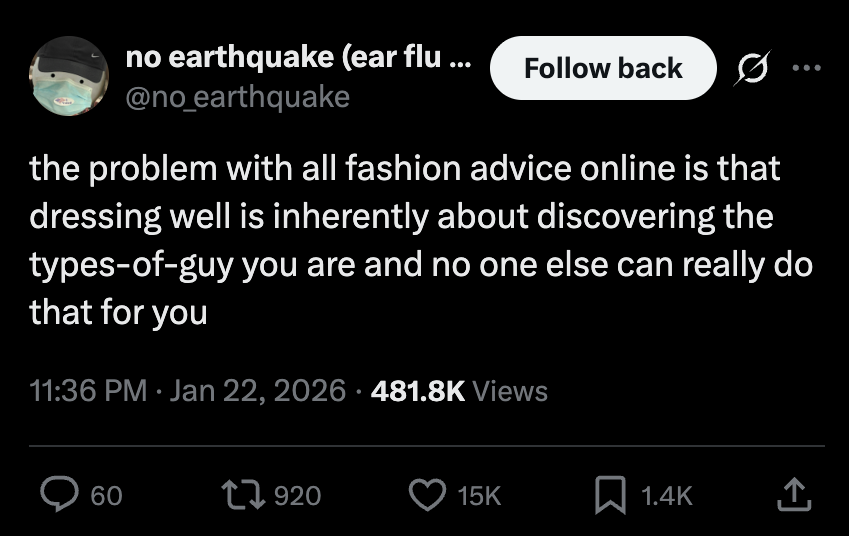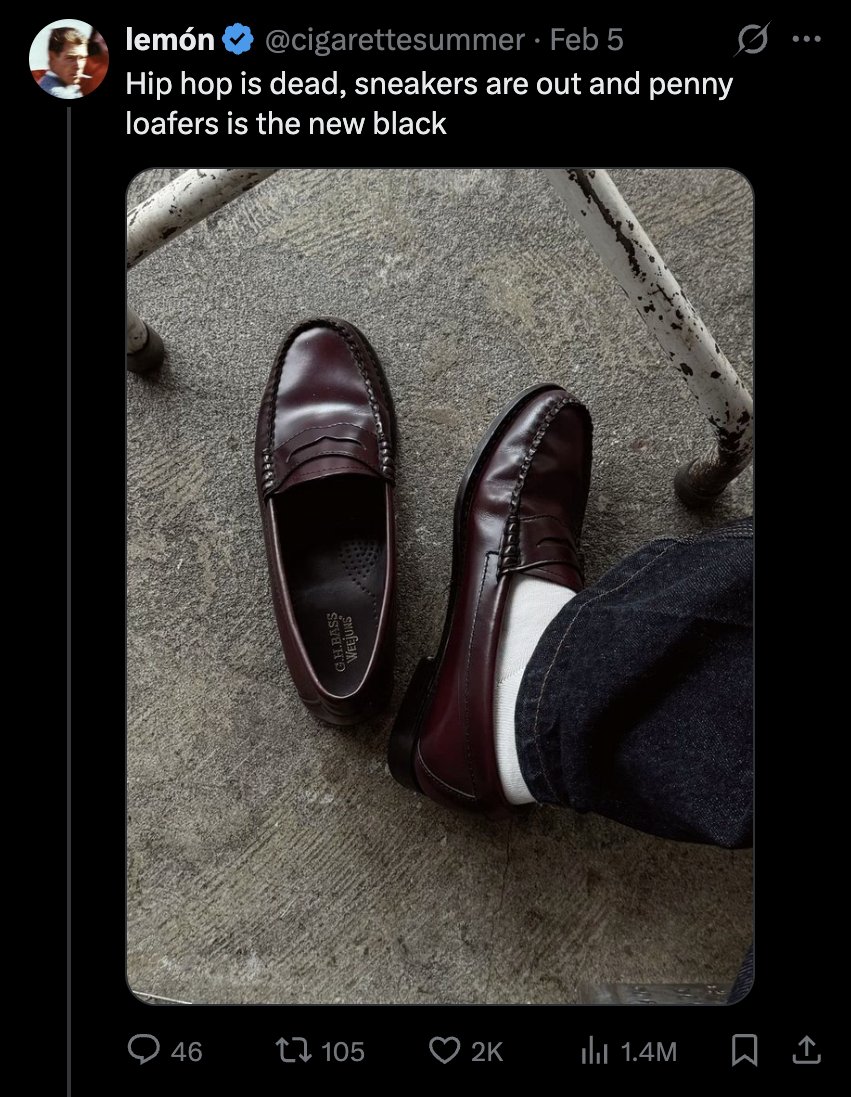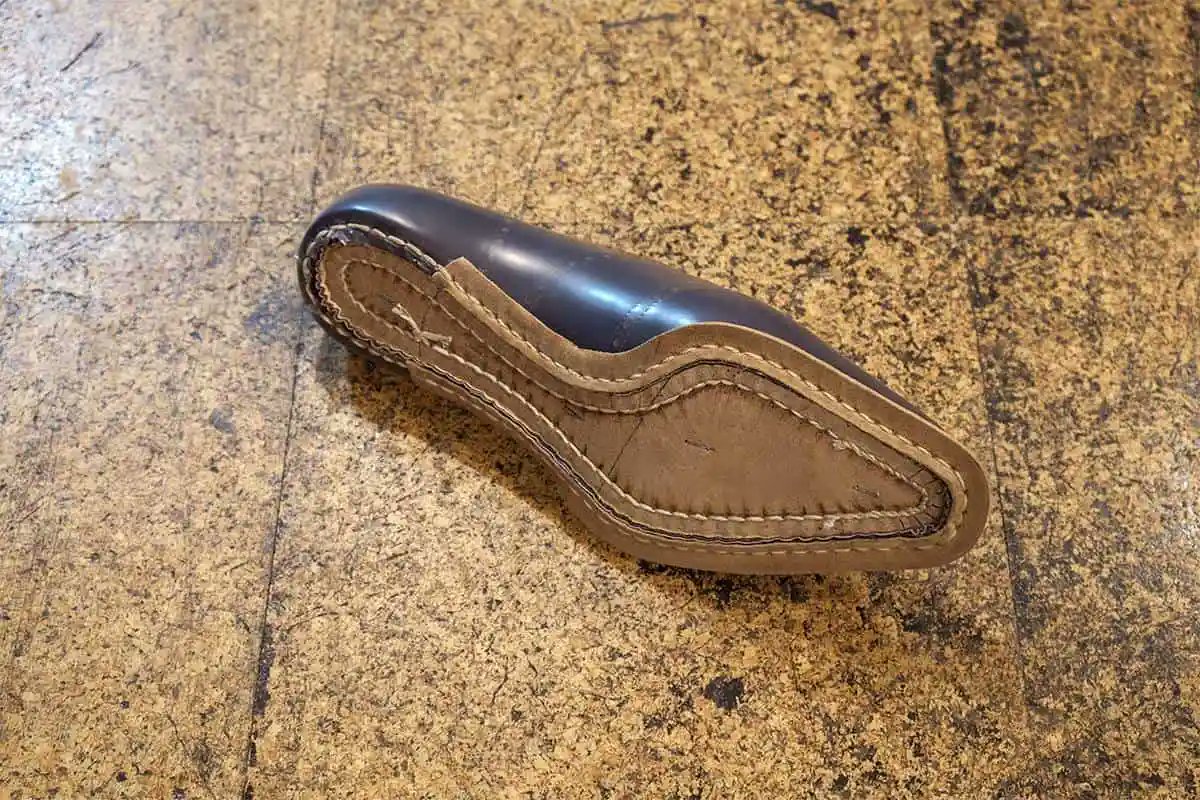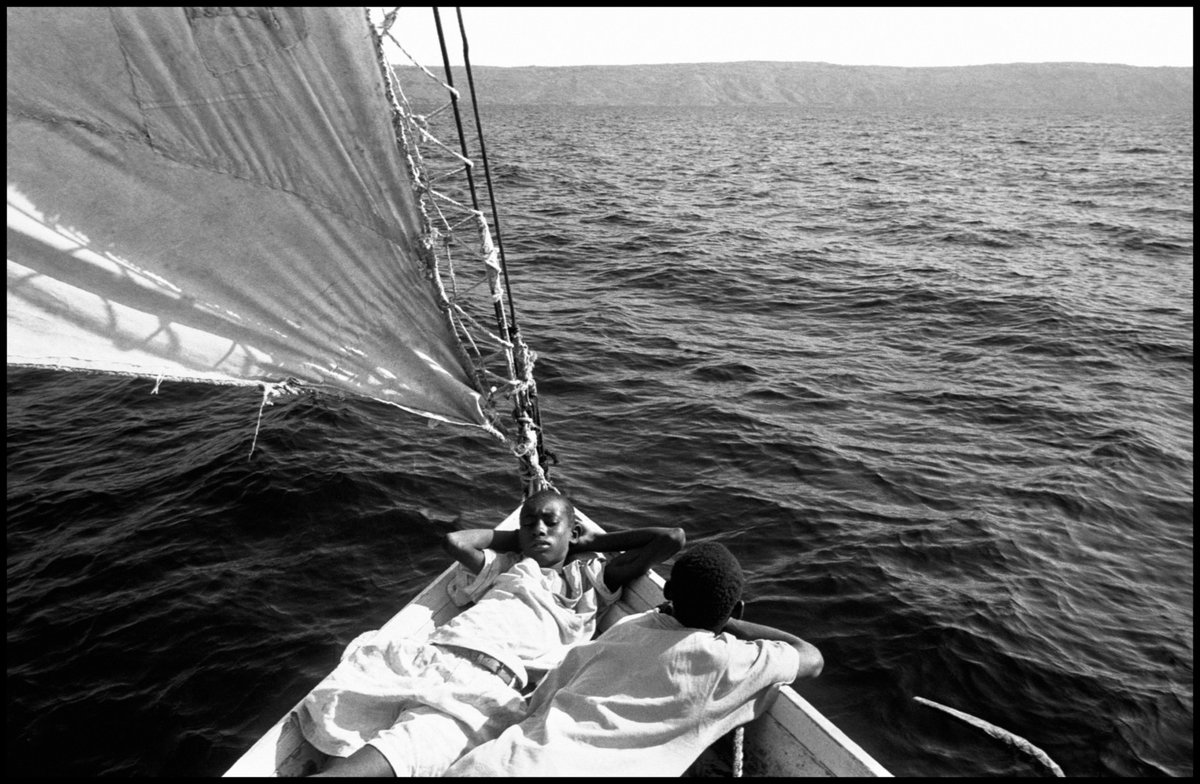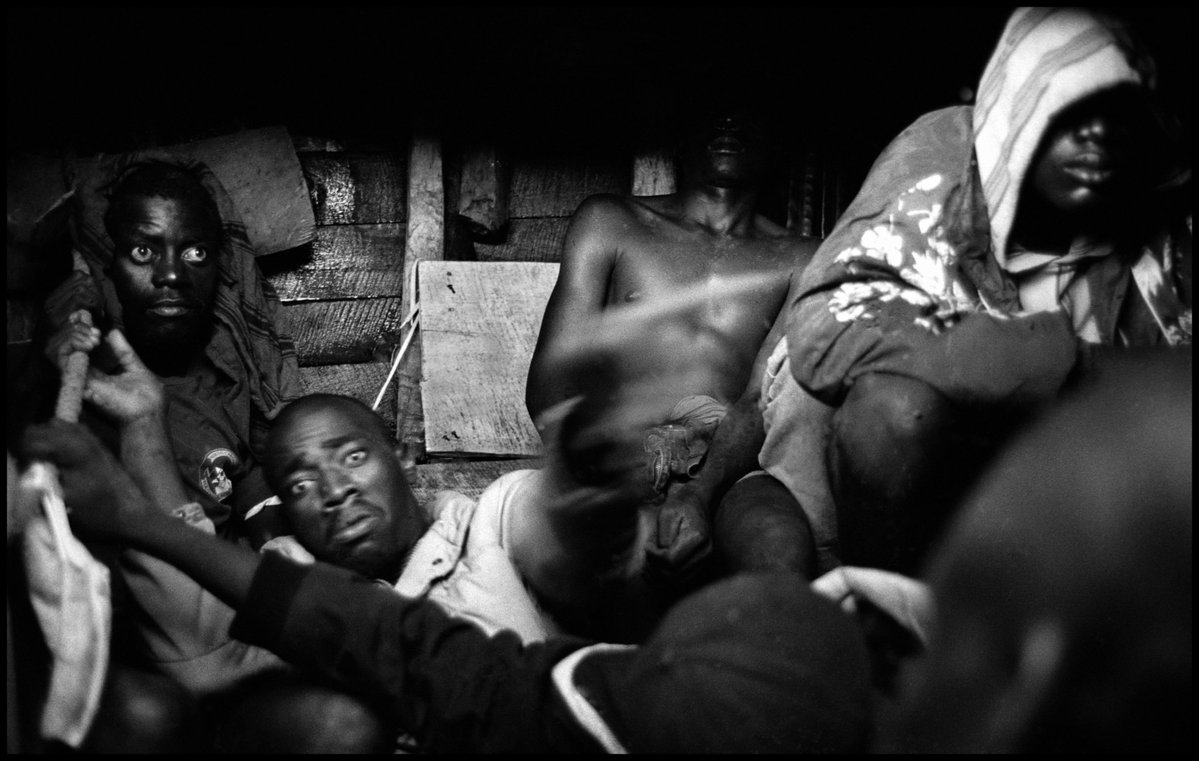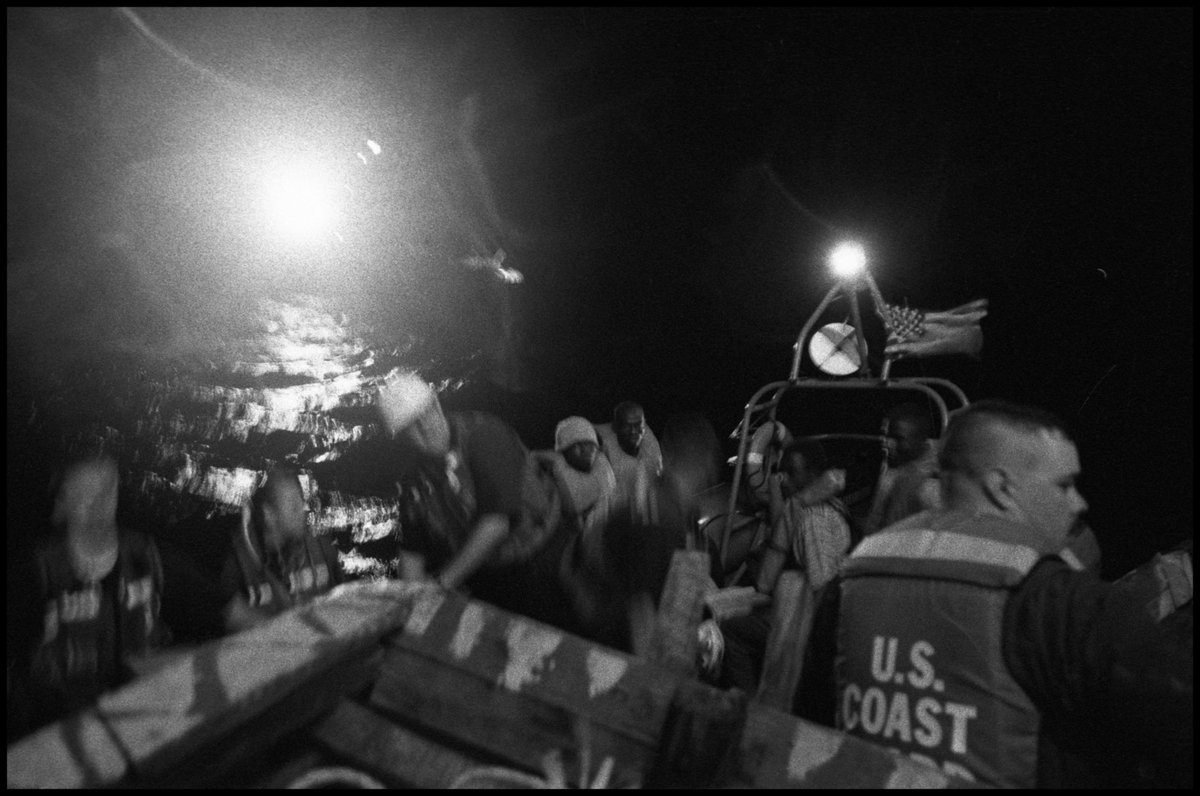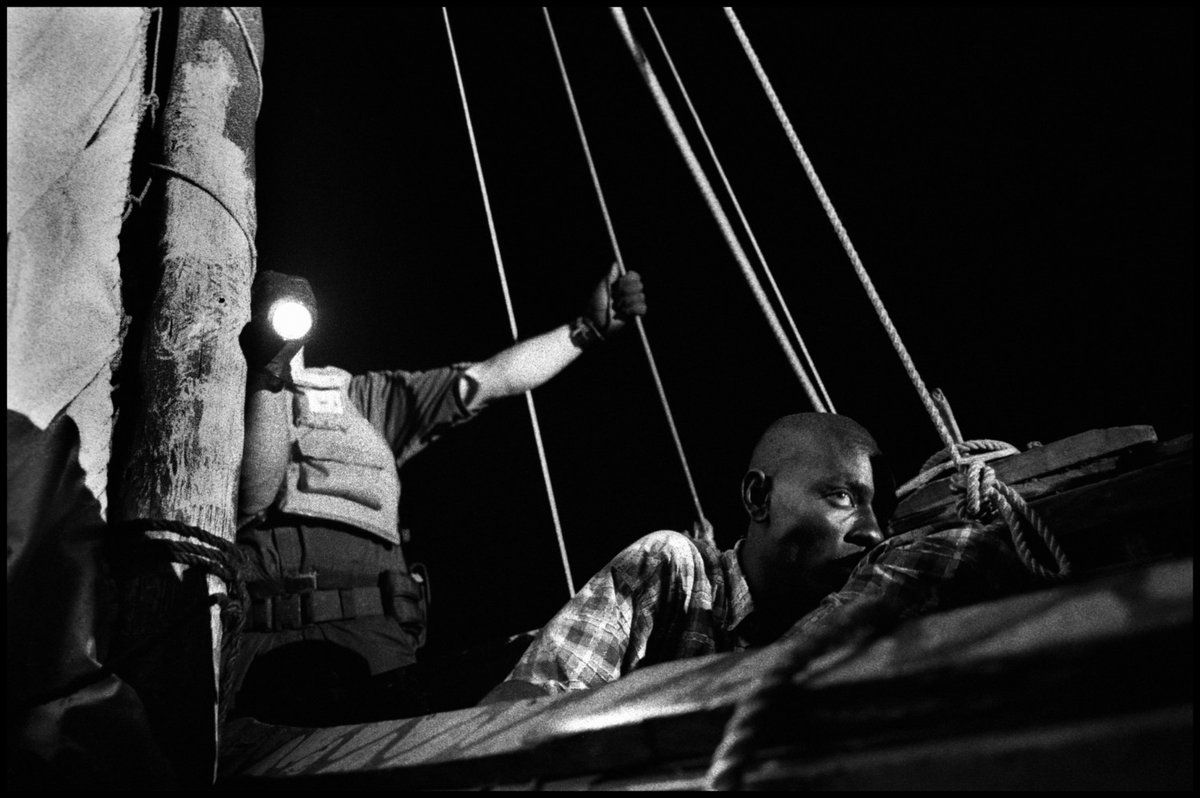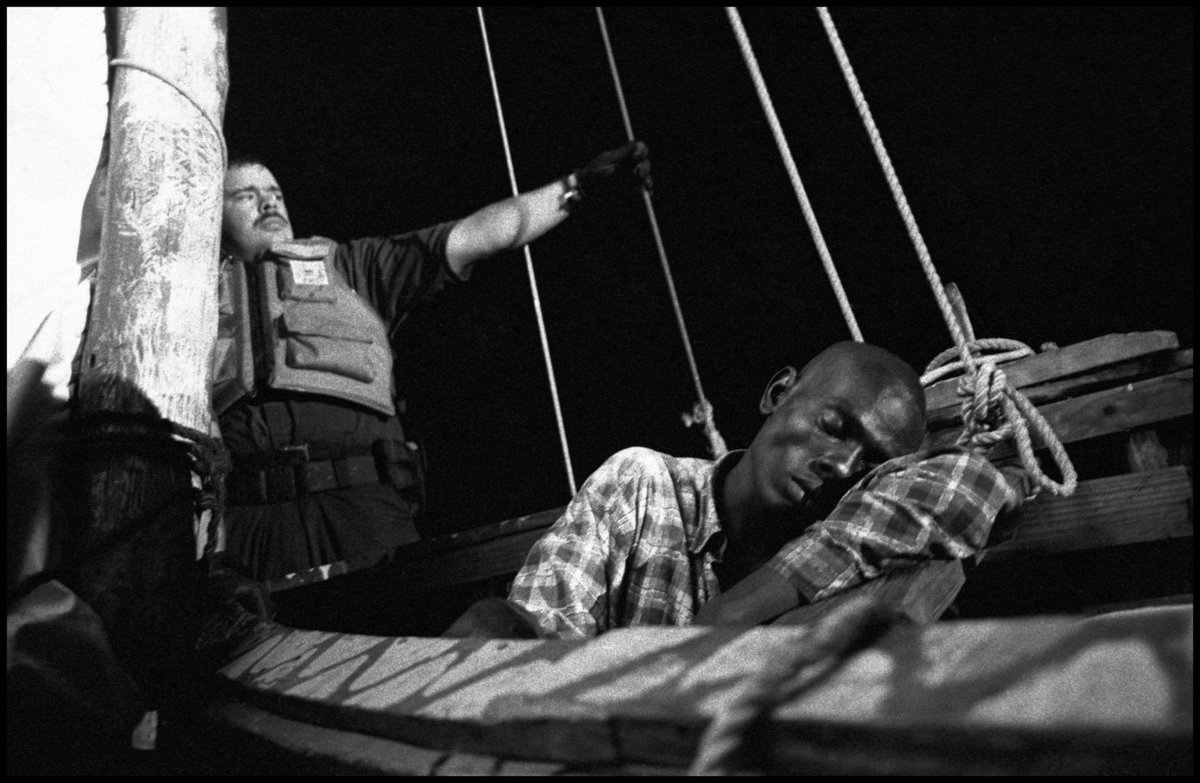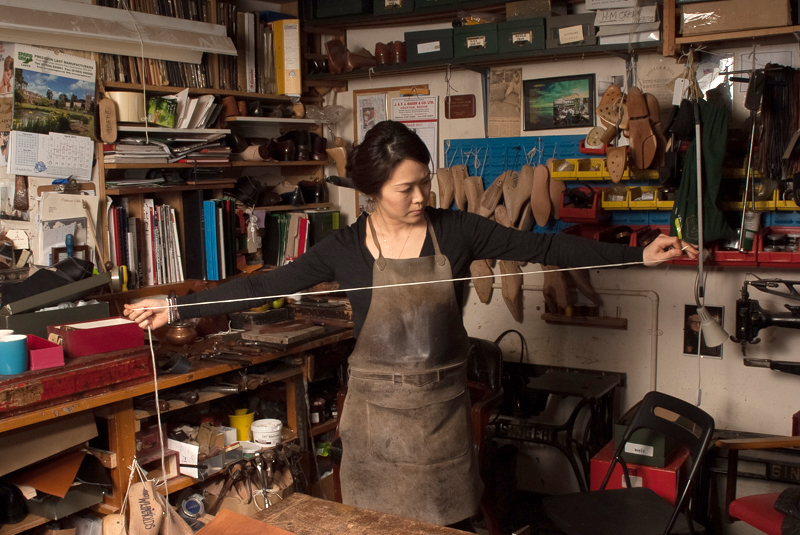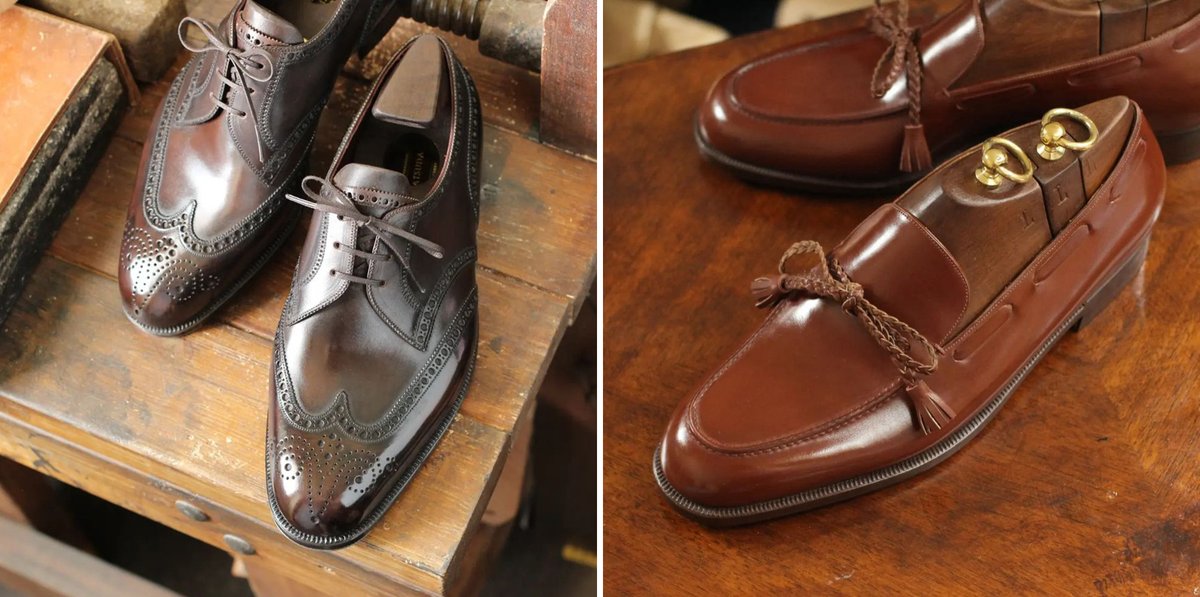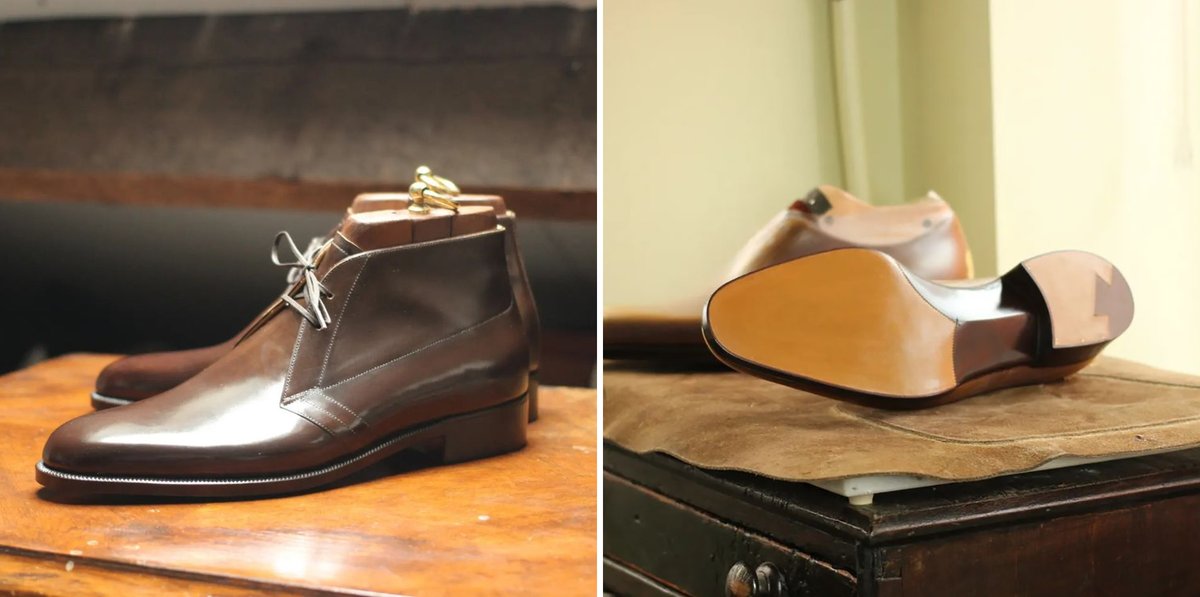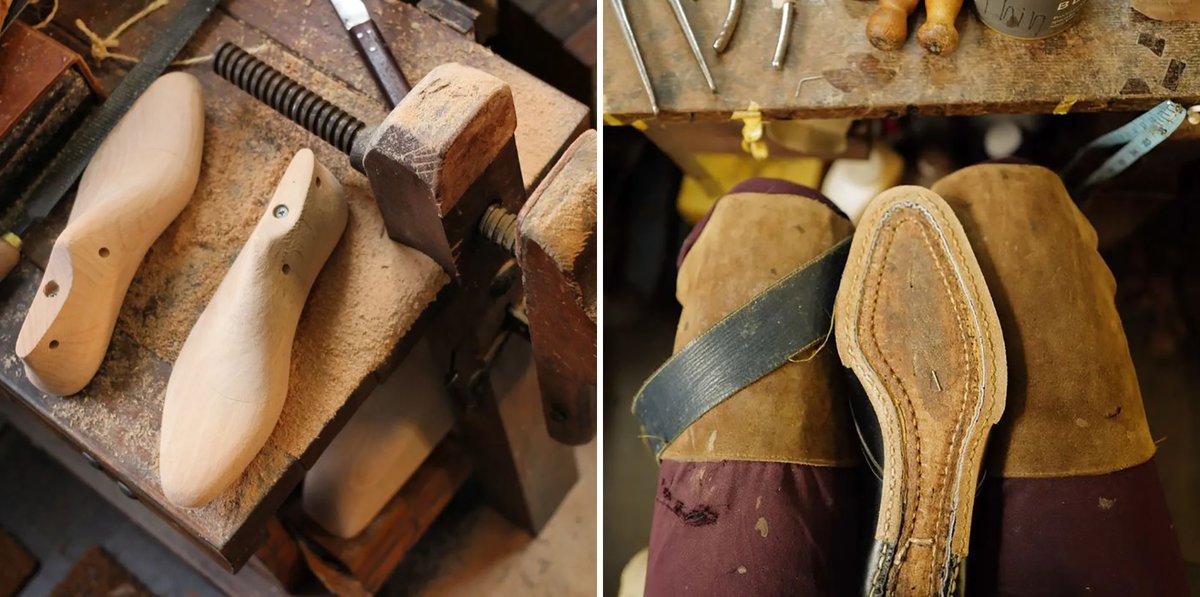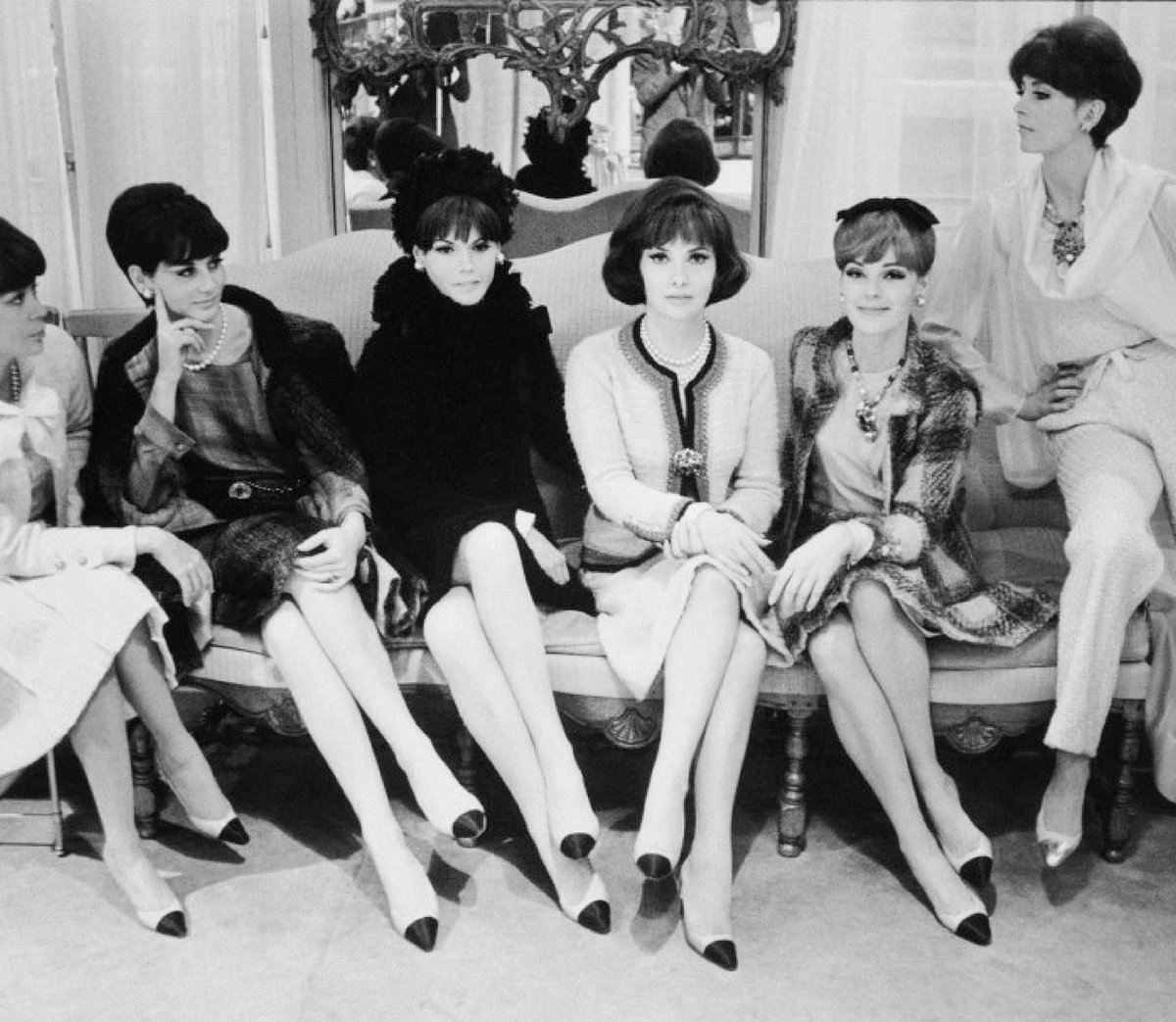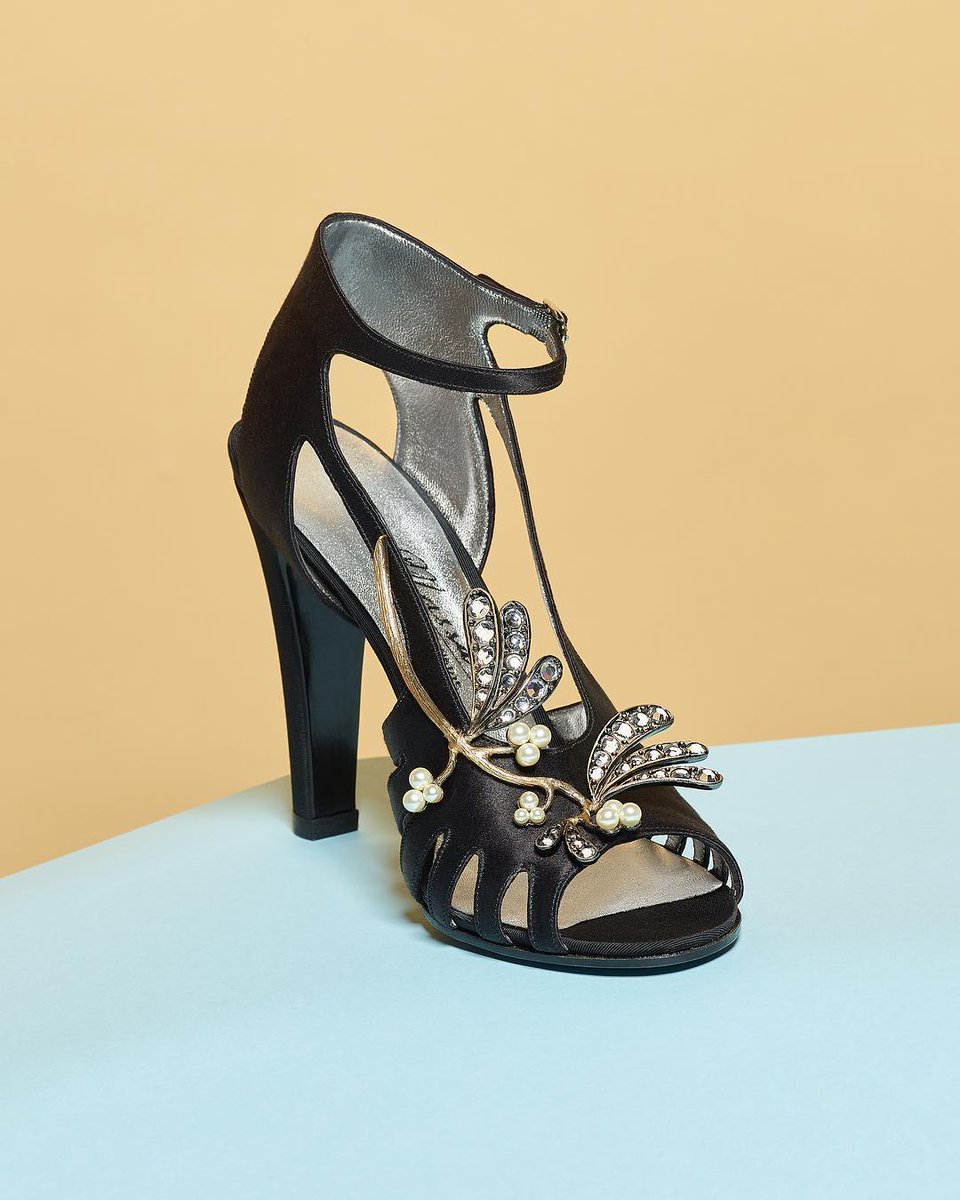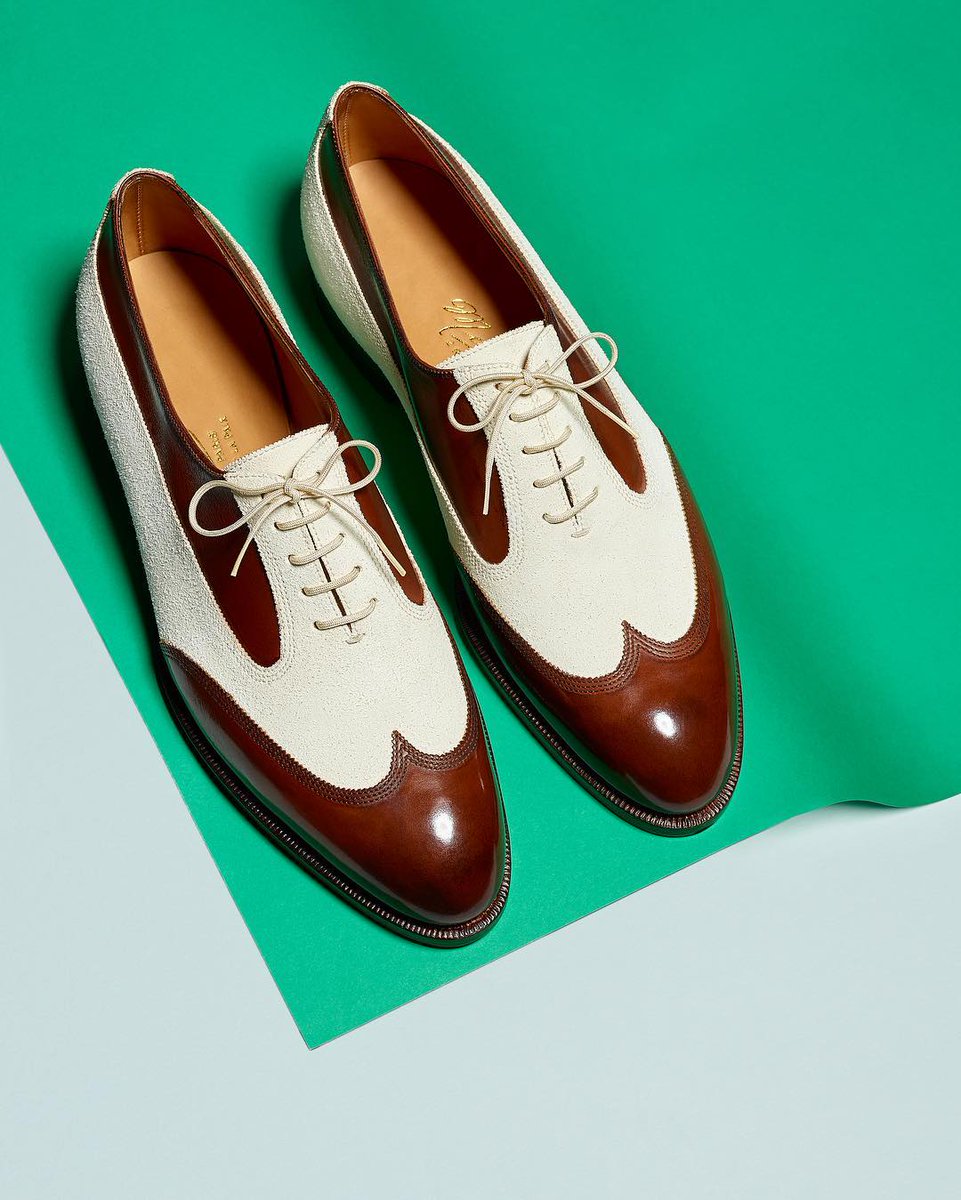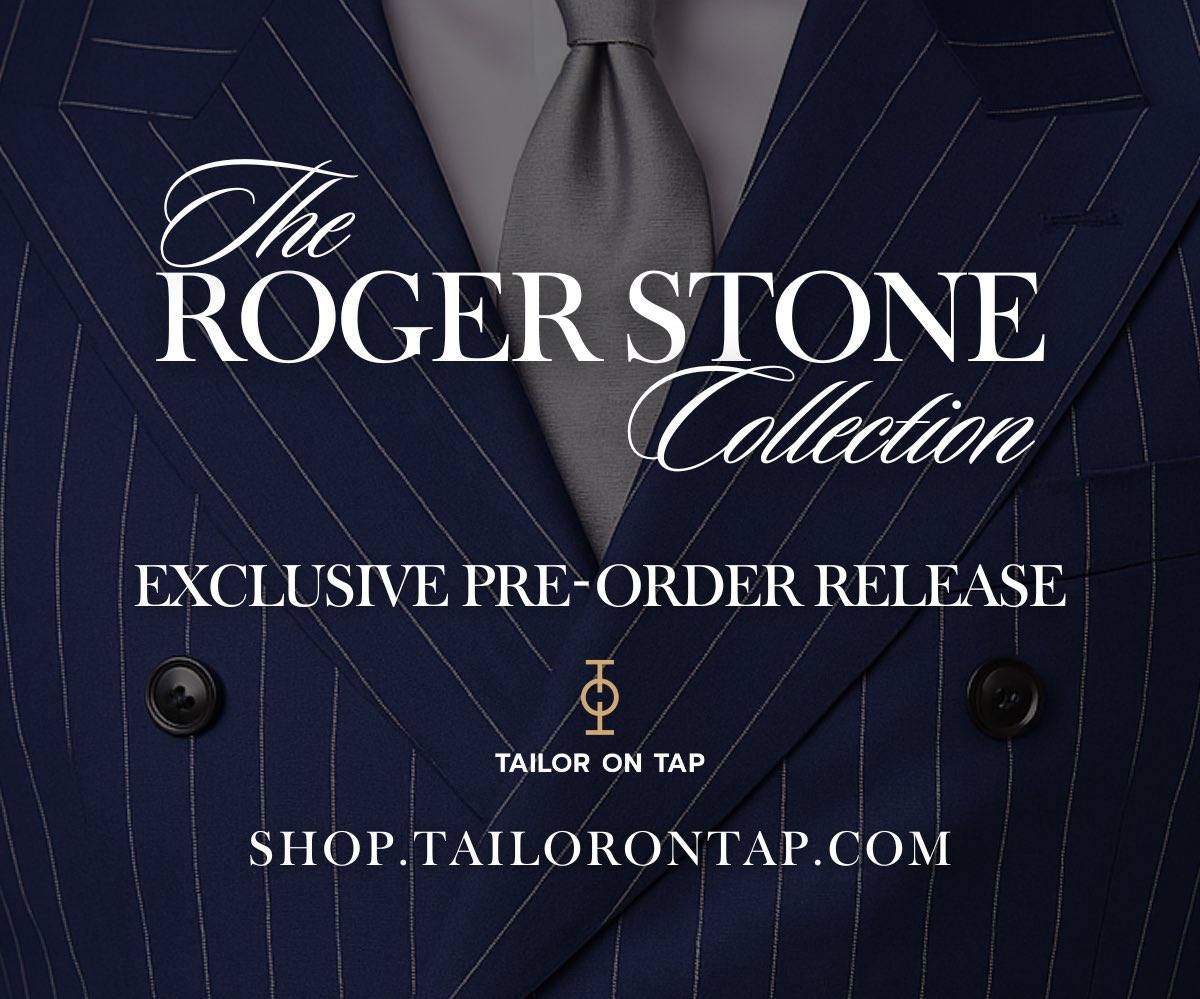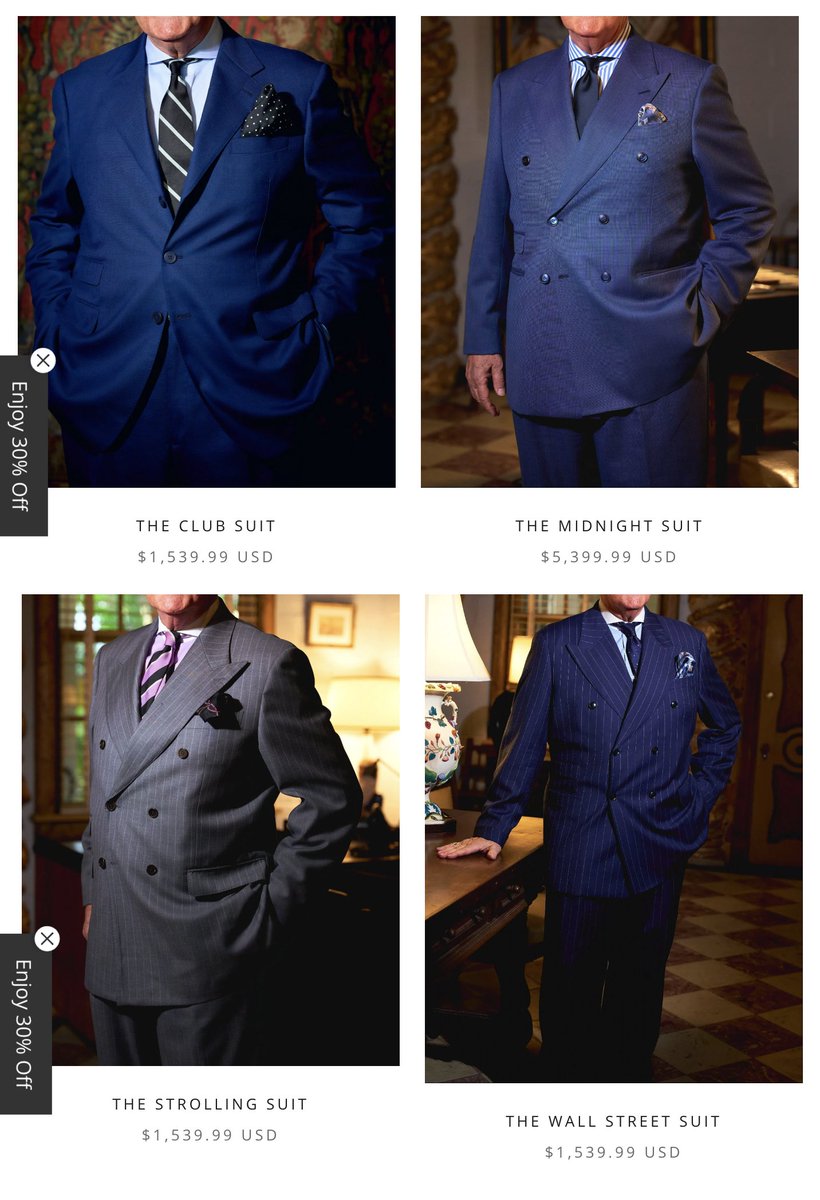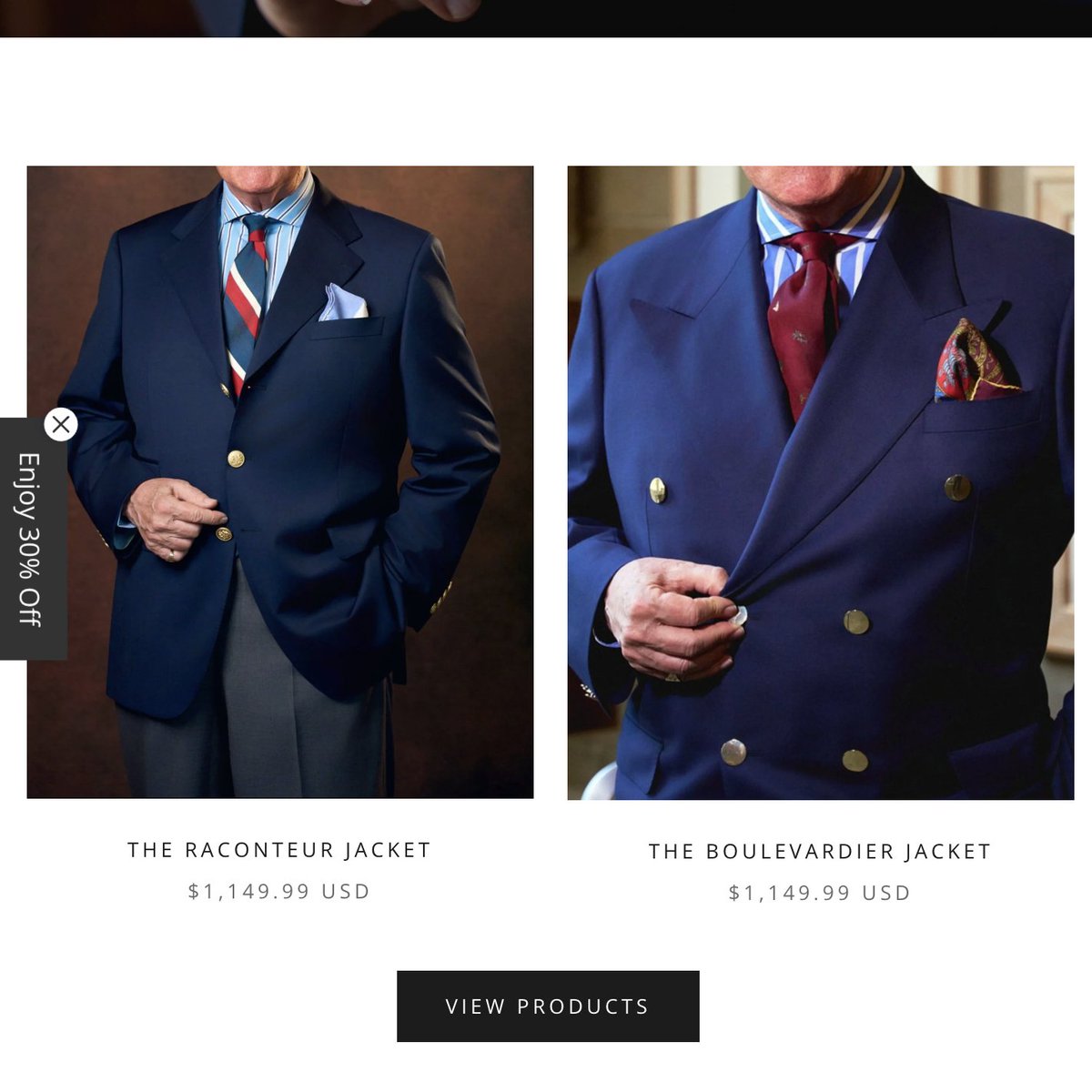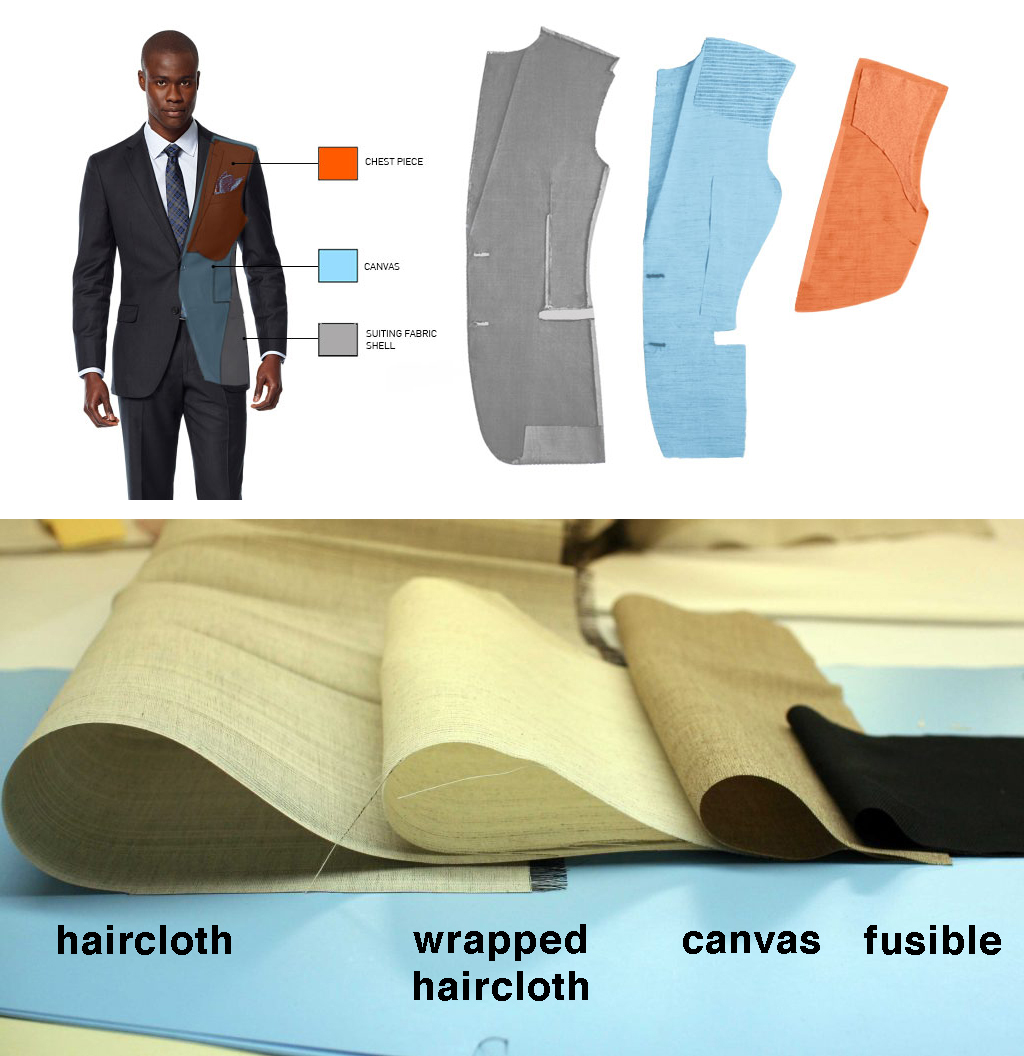HOW TO BUY A GOOD CASHMERE SWEATER 🧵
I want to address this comment left by someone in response to my Brick Watch Company tweet. It also gets into something I've been wanting to talk about: how to buy a good cashmere sweater.
I want to address this comment left by someone in response to my Brick Watch Company tweet. It also gets into something I've been wanting to talk about: how to buy a good cashmere sweater.

If you shop for a cashmere sweater today, prices can range anywhere from $50 to $5,000. This can make you think that the whole cashmere market is a scam (and luxury clothing is a scam). Why pay a lot for cashmere if it can be had cheaper elsewhere? 



First, let's talk about why cashmere is so expensive. Unlike wool, which comes from sheep, cashmere is taken from cashmere goats, often living in colder regions of Mongolia, China, and parts of Afghanistan.
These goats are very cute. Look:
These goats are very cute. Look:

Whereas a sheep can produce 3kg of wool per year, a cashmere goat may only produce 200g. This is enough for maybe a scarf, but for a good cashmere sweater, you may need the yield of five to ten goats. 

Furthermore, whereas sheep are sheared, cashmere goats are brushed to remove the soft, downy undercoat that constitutes cashmere. This brushing happens once a year in the springtime.
So, cashmere is expensive partly because it requires more animals and labor to produce.
So, cashmere is expensive partly because it requires more animals and labor to produce.

In the last 30 years, the proliferation of cheap cashmere knits has made it difficult for consumers to distinguish what makes a quality knit. Uniqlo sells cashmere knits for $99; Everlane for $40. The affordability of cashmere has made demand go up. 

This has been made possible partly because of Mongolia's economic liberalization and land reform programs. The country nearly doubled its cashmere output from 1991 to 1994, going from 1,400 to 2,500 tons.
During this period, the number of goats in Mongolia skyrocketed. In 1991, it’s estimated that there were 5.2 million goats in Mongolia; in 2004, it was 25.8 million. 

This has had a devastating environmental impact. Goats have to eat grass to grow hair, and overgrazing has transformed once-lush grasslands into arid moonscapes, unleashing some of the worst dust storms in East Asian history, as well as spoiling the region’s water, soil, and air. 

For my fellow animal lovers, it has also had a devastating impact on animal welfare. An excerpt from a 2006 article in the Chicago Tribune
chicagotribune.com/chi-china-cash…
chicagotribune.com/chi-china-cash…

Poor animal husbandry, overgrazing, and starving goats—all a result of overproduction—have also led to a worsening of cashmere quality. Remember that sweaters are made from yarns, and yarns are made from fibers. These fibers have become coarser. A 2003 World Bank study stated: 

All of this has been a result of trying to feed a market that wants a luxury product for less, and consumers being unable to tell the difference between a $50 cashmere knit vs. a $5,000 knit. Why pay more when it's all a scam, right? As the person in my original tweet suggested 

So what goes into a quality cashmere knit?
First, there's the quality of the yarns. Remember earlier, when I mentioned that some yarns have become coarser due to overgrazing? Cashmere yarns come in diff grades. Quality spinners, such as Todd & Duncan, use top-quality fibers
First, there's the quality of the yarns. Remember earlier, when I mentioned that some yarns have become coarser due to overgrazing? Cashmere yarns come in diff grades. Quality spinners, such as Todd & Duncan, use top-quality fibers

Quality yarns are made by twisting longer fibers together. When you use longer fibers, there are fewer points for potential breakages. When you use shorter fibers, there are more points for potential breakages. This break happens through wear, which results in pilling, like this: 

Second, there's the amount of material used. Cheaper producers knit cashmere sweaters with a lot of slack. This saves on the material (remember, cashmere fibers are expensive). But as a result, over time, your sweater will stretch out of shape.
Third, there's the finishing. Once a sweater is knitted, a manufacturer will put it through a process called milling, which is essentially washing. Washing removes any impurities in the yarn, and gives the sweater some extra softness. 

Here is where we get to the difference between Scottish vs. Italian cashmere knits.
Scottish producers tend to not mill their knits very much (they call it bare finish). Italian producers, on the other hand, mill their knits more.
Scottish producers tend to not mill their knits very much (they call it bare finish). Italian producers, on the other hand, mill their knits more.
The upside to heavier milling is that you get that cloud softness, which impresses consumers in-store. But you also potentially weaken the yarn, which can result in more pilling down the road.
I favor Scottish cashmere knits because I find them to be more durable. Their softness is beaten into them over time with regular wash and wear. It's like the difference between raw and rinsed denim.
If you take care of this stuff, they're true heirloom pieces.
If you take care of this stuff, they're true heirloom pieces.

If you're buying a quality cashmere knit, you should expect the full retail price to be at least $400. That's because of the amount of animal hair and labor used, the quality of the yarn, and the quality of the finishing.
When you're shopping, don't be fooled into thinking that a $100 Uniqlo cashmere knit is the same as a more expensive Scottish or Italian cashmere knit. Even if they feel the same in-store, the quality differences will reveal themselves over tie as the sweater stretches and pills
Additionally, cheap cashmere just worsens the current environmental problems.
If you care to know, my favorite cashmere knits are from William Lockie, particularly the four-plys. (I find that sweaters made from one-ply, while easier to layer, stretch out more easily).
/end
If you care to know, my favorite cashmere knits are from William Lockie, particularly the four-plys. (I find that sweaters made from one-ply, while easier to layer, stretch out more easily).
/end
Some people have asked what they should do if they can't afford $400 cashmere sweaters. Two suggestions
1. Buy sweaters made from naturally cheaper yarns. Cheap cashmere is a false luxury; the sweaters don't age well, and they're bad for the environment.
1. Buy sweaters made from naturally cheaper yarns. Cheap cashmere is a false luxury; the sweaters don't age well, and they're bad for the environment.
But some yarns, such as Shetland, are naturally hardy and cheap. They're rougher than cashmere, but add visual interest to outfits because they're textured. Wear them over a collared shirt. I list some Shetland options here:
dieworkwear.com/2022/11/24/exc…
dieworkwear.com/2022/11/24/exc…
2. You can also shop secondhand. Remember how I said that Scottish cashmere knits are heirloom quality? This means that you can find vintage ones for fairly cheap. On eBay, vintage cashmere knits from reputable brands can be had for as little as $40.
On eBay, search for brands such as Barrie, John Liang, Ballantyne, Peter Scott, Alan Paine, Hawico, Pringle, William Lockie, Johnstons of Elgin, Malo, Fedeli, Della Ciana, Cruciani, and Gran Sasso
Also, note all knitwear pills—be realistic—but quality ones pill less.
Also, note all knitwear pills—be realistic—but quality ones pill less.
One last thing, some of these names used to be Scottish mills that have since closed. Their company now just operates as a fashion brand. Pringle used to be a mill and now sources its knits from a variety of places. When shopping on eBay, see if the knit was made in Scotland
• • •
Missing some Tweet in this thread? You can try to
force a refresh


